Beijing retaliates after Trump slaps tariffs on Chinese imports
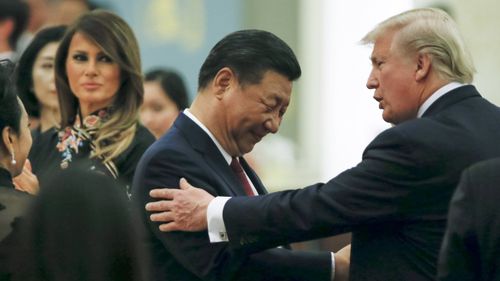
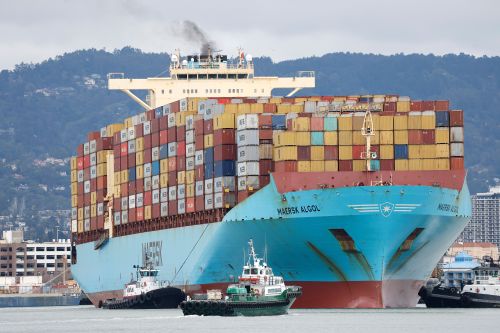
China swiftly retaliated Tuesday against President Donald Trump’s sweeping tariffs on Chinese imports with levies on U.S. goods, which are slated to take effect Monday. They include 15 percent tariffs on U.S. coal and liquefied natural gas (LNG), a slew of new export restrictions and an antitrust investigation into Google, according to the Chinese government. Trump’s tariffs, which slap an additional 10 percent tax on all Chinese goods, went into effect after the United States and China did not strike a deal by 12:01 a.m. Eastern time Tuesday. China’s response further escalates trade tensions between the world’s largest economies. China’s customs and tariff regulator announced the 15 percent tariffs on coal and LNG, as well as 10 percent levies on crude oil, agricultural machinery and some vehicles.
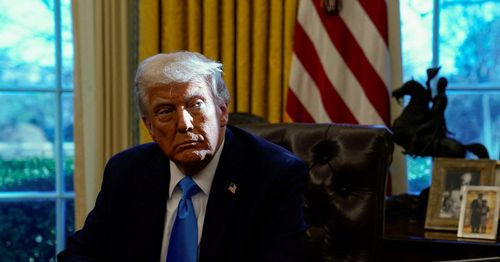
China imposed targeted tariffs on U.S. imports on Tuesday and put several companies, including Google, on notice for possible sanctions, in a measured response to the sweeping duties on Chinese imports imposed by President Donald Trump. But word that Trump planned to speak with Chinese President Xi Jinping on Tuesday suggested to investors there was scope for China to receive a temporary reprieve as Trump granted to Mexico and Canada on Monday. Stocks and oil prices moved higher. "Let's see what happens with the call today," Trump trade adviser Peter Navarro said at a Politico event. Earlier, White House spokeswoman Karoline Leavitt said a call between the heads of the world's two largest economies "will happen very soon." No other specifics about when the conversation would occur were immediately available. Beijing's limited reply to Trump's imposition of a 10% tariff on all Chinese imports underscored the attempt by Chinese policymakers to engage Trump in talks to avert an outright trade war between the world's two largest economies.
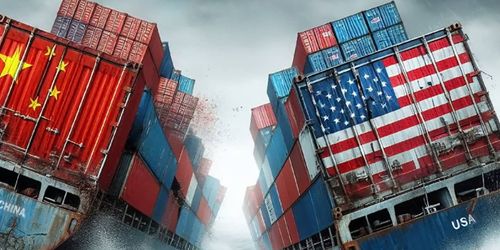
The new levies took effect overnight, prompting China to announce import taxes of 15% on U.S. crude oil, machinery, and some cars, as well as a 10% increase of tariffs on coal and liquified natural gas. In a move that wasn’t explicitly tied to Trump’s tariffs, China also said it was starting an antitrust probe into Alphabet’s Google, the internet search engine. Beijing added two U.S. companies to its unreliable entity list—Calvin Klein owner and biotechnology company Illumina. “The two entities have violated normal market-trading principles, terminated regular trade with Chinese companies, and adopted discriminatory measures against Chinese companies,” state-owned news agency Xinhua reported, citing a statement from the Commerce Ministry. The ministry said the list only targets the very few foreign entities that undermine China’s national security. It means measures could be taken against the companies.

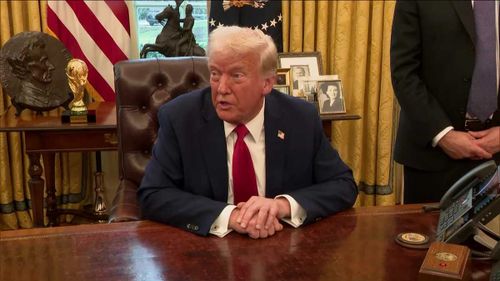
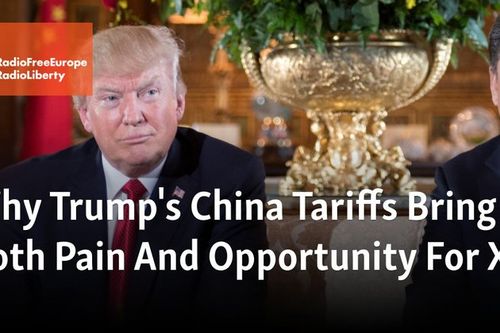
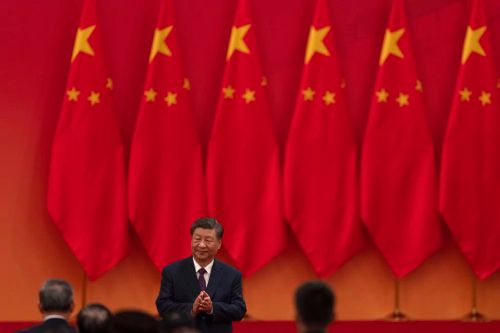
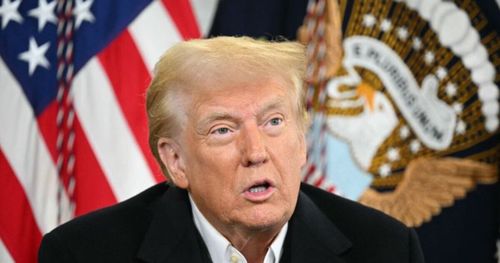
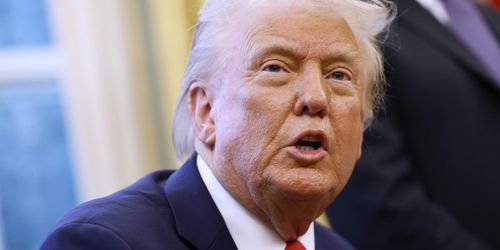
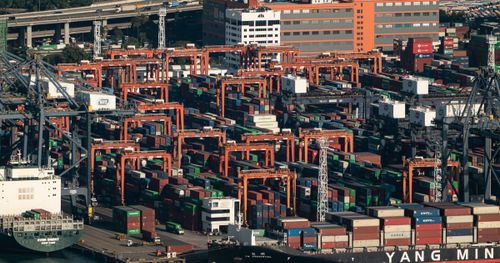
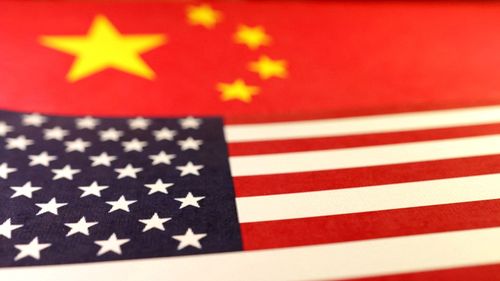
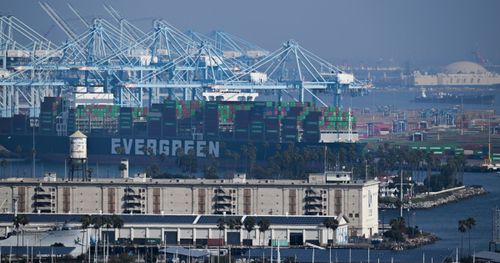
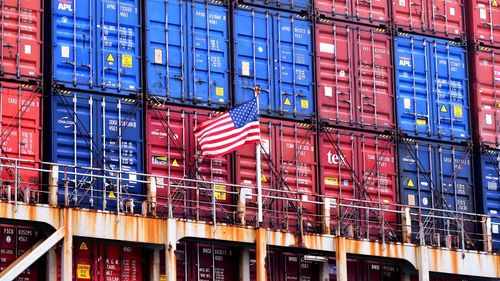

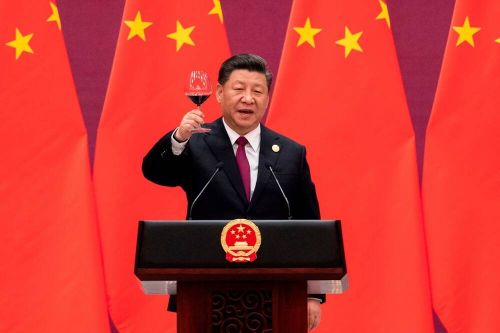
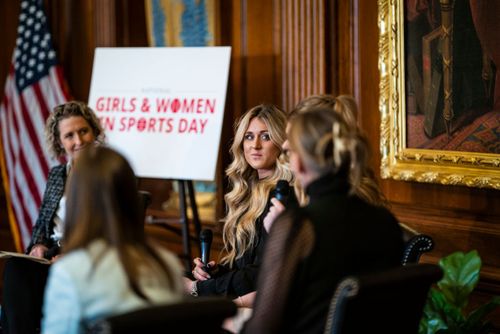
10h ago — ESPN was torched on social media after the sports network slammed President Donald Trump on X for signing an executive order banning biological men from competing in women’s sports. “President Donald Trump will sign an executive order Wednesday designed to prevent people who were biologically assigned male at birth from participating in women’s or girls’ ...
 The Daily Wire
The Daily Wire
10h ago — Rep. Nancy Mace (R-SC) taunted Democrats during a House hearing on Wednesday after they reprimanded her for saying the word “tranny” during the hearing. Mace made the remarks during a Committee on Oversight and Government Reform hearing. “Um, the gentle lady has used a phrase that is considered a slur in the LGBTQ community and…
 The Daily Wire
The Daily Wire
10h ago — Google is eliminating its goal of hiring more employees from historically underrepresented groups and reviewing some diversity, equity and inclusion programs, joining other tech giants rethinking their approach to DEI.
 Wall Street Journal
Wall Street Journal
13h ago — Google published principals in 2018 barring its AI technology from being used for sensitive purposes. Weeks into President Donald Trump’s second term, those guidelines are being overhauled.
 Wired
Wired
Yesterday — Candeub, a previous advisor to the FCC, is a vocal critic of Section 230 which shields tech companies from liability over user posts.
 TechCrunch
TechCrunch